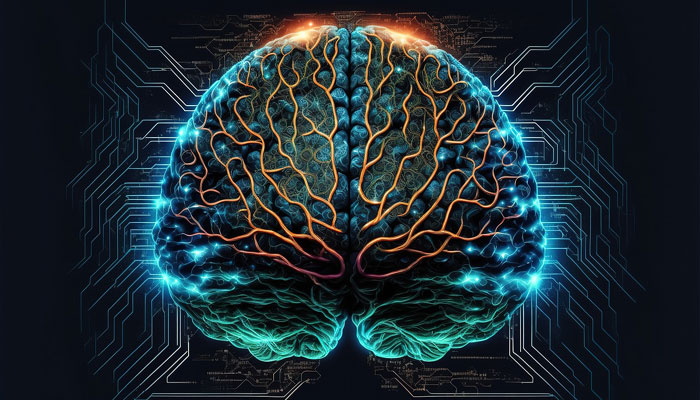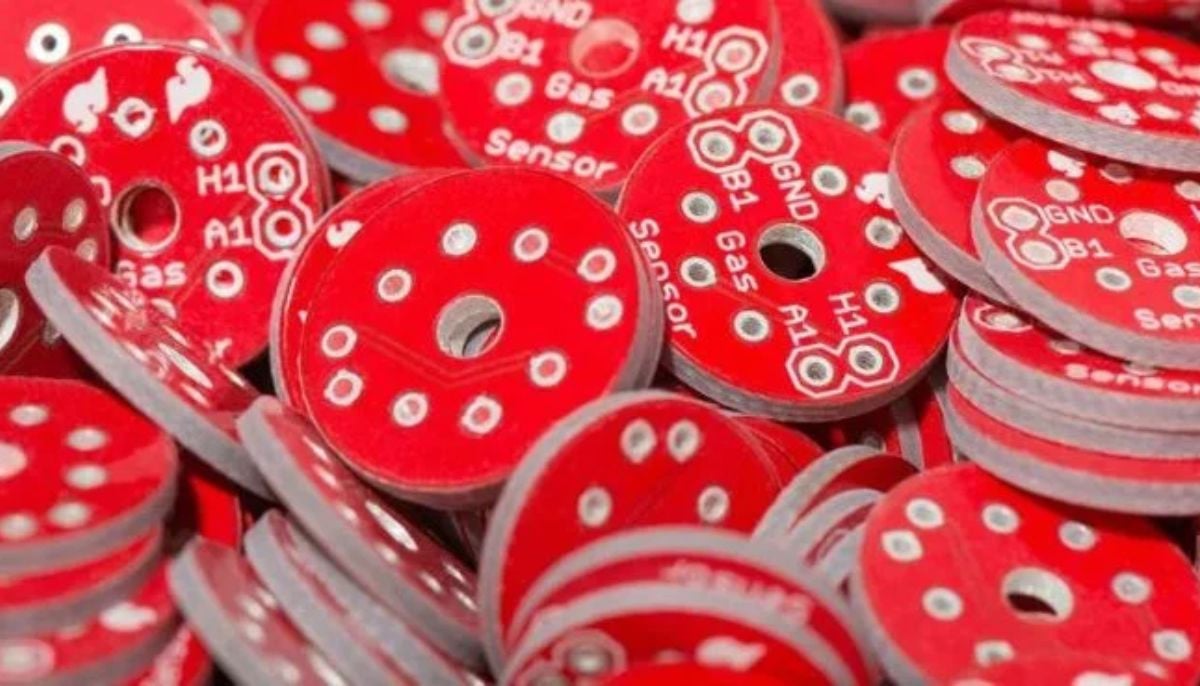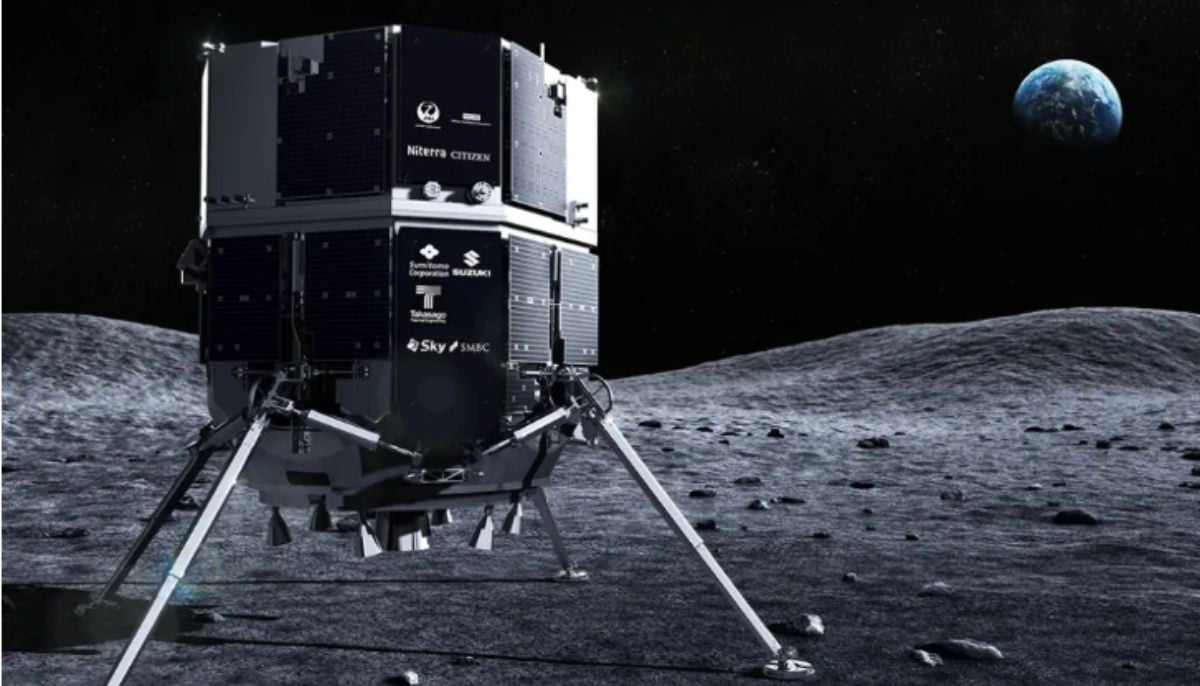'Firms may use brain data to monitor workers'
"Future employers may screen applicants using brain-monitoring technology," according to data watchdog
The idea of privacy is slowly fading away, but with the development of cutting-edge brain-monitoring technology, it may finally be put to rest since employers will likely use it to either hire or manage their workforces in the future.
According to the data watchdog that announced the prediction, businesses may eventually employ brain-monitoring technologies to keep an eye on or choose employees.
However, the Information Commissioner's Office (ICO) warns that if "neurotech" is not created and applied correctly, there is a serious risk of discrimination.
According to Tech Futures: Neurotechnology, the first ICO report on "neurodata," or information from the brain and nervous system, one of the many speculative potential applications of neurotechnology is workplace monitoring.
Such developments come as organisations like Neuralink, founded by Elon Musk, look into novel approaches to connecting computers to human brains, as the BBC reported.
The International ICO has reported rapid growth in investments and patents in Neurotech, a technology already used in the healthcare sector. The technology has been successful in enabling Gert-Jan Oskam to walk again after a cycling accident.
Additionally, commercial interest in the technology is growing, with Neurolink winning permission for human trials and being reportedly worth $5 billion (£4 billion).
"Based on all the indicators that we're looking at, we're seeing quite rapid growth, both in investments and in patents being developed in this area," the ICO's Stephen Almond told the BBC.
Simultaneously, AI is enabling research to decipher sentences and words from brain scans, potentially aiding patients with locked-in syndrome.
According to experts, in the near future, neurotechnology could potentially be used in workplaces for safety, productivity, and recruitment in the next four to five years.
Non-invasive devices could tailor consumer preferences, gather data for advertising, and drive gaming and entertainment growth.
Furthermore, Almond suggests that the technology may be biassed, discriminate against neurodivergent characteristics, reveal unconscious conditions, and raise consent concerns due to the subconscious generation of neurodata without direct control over disclosure.
"If you don't know what the technology is going to reveal about you, can you really consent in advance to the processing of that personal data about you?" Almond said. "Because once it's released into the open, you then have relatively lower control over it."
The ICO hopes to complete new neurodata guidance by 2025.
-
Archaeologists recreate 3,500-year-old Egyptian perfumes for modern museums
-
Smartphones in orbit? NASA’s Crew-12 and Artemis II missions to use latest mobile tech
-
Rare deep-sea discovery: ‘School bus-size’ phantom jellyfish spotted in Argentina
-
NASA eyes March moon mission launch following test run setbacks
-
February offers 8 must-see sky events including rare eclipse and planet parade
-
New study reveals biodegradable chip aims to reduce e-waste and air pollution
-
Scientists unveil new robotic mission for the moon
-
NASA reschedules Artemis II rehearsal due to Florida arctic outbreak












